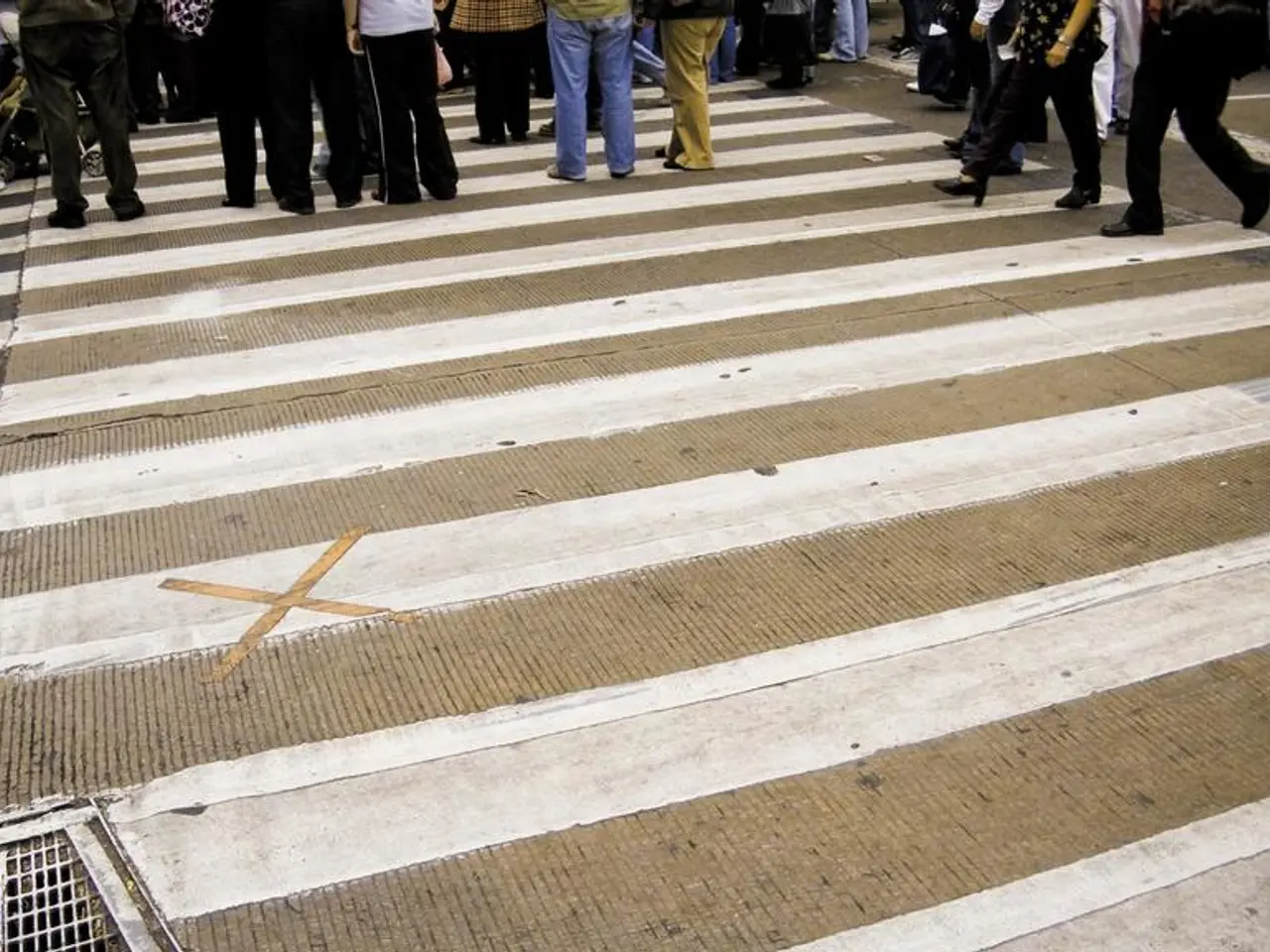Britain's Moral Segregation: Balancing Guilt and Shame Cultures
Britain faces moral segregation in some communities due to ineffective government policies. Integration requires shared civic virtues, not just coexistence, but British society has struggled to assert certain norms like secularism and gender equality.
At the heart of this issue lies a clash between guilt-based and shame-based cultures. Britain, with its strong individual conscience, is a guilt-based society. Here, moral transgression is felt internally, guided by personal beliefs of right and wrong.
Shame-based cultures, common in many immigrant communities, function differently. Moral authority flows outward, with elders policing honour and reputation. Conduct is regulated through shame, which can intensify conformity and cause psychological strain, even extremism.
Britain must decide whether its public square belongs to individuals or communities, and affirm the dignity of inner law. This means fostering a shared sense of civic virtue, encouraging open dialogue, and promoting understanding between guilt-based and shame-based cultures. Only then can Britain hope to overcome its moral segregation and create a truly integrated society.







